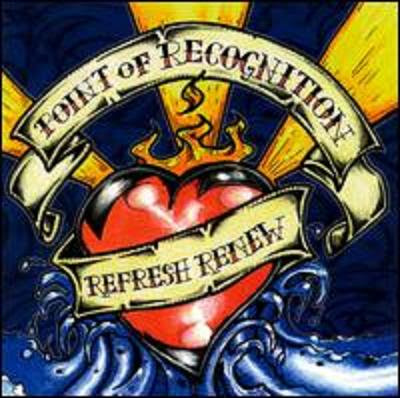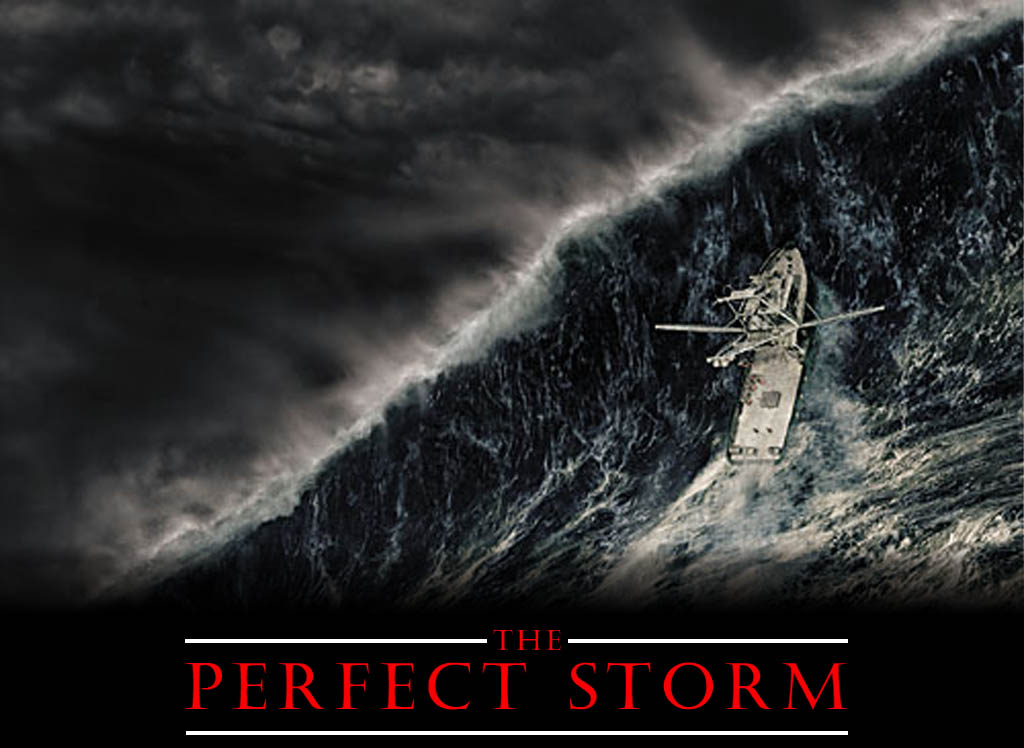As Charles Darwin so presciently said, "it is not the strongest of the species that survives… nor the most intelligent that survives. It is the one that is the most adaptable to change."
The Reverse Industrial Revolution 
Courtesy of Todd Harrison at Minyanville
"Companies must reinvent themselves if they hope to see better days."
“It is with our passions as it is with fire and water; they are good servants, but bad masters.” –Roger L’Estrange, Aesop’s Fables, 1692
Today’s financial landscape is akin to a forest fire, scary and dangerous yet necessary to establish fertile ground for an eventual rebirthing.
As we witness historic wealth destruction, it’s easy to get caught up in the gloom and doom. Acrimonious flames are rapidly spreading as social mood shifts, tempers flare and patience runs thin.
The point of recognition is here and it can be downright depressing.
There are three lenses with which to view this once-in-a-lifetime event—optimism, pessimism and realism—and each has a role as we wade through this process of price discovery.
Optimism is necessary to identify winners in the new world and find the future franchises of tomorrow.
Pessimism is warranted when viewing organizations that lack financial staying power or are encumbered with too much debt.
Realism is required to understand that time and price are the only arbiters of our financial fate and there will be inevitable casualties of war.
Welcome to the reverse Industrial Revolution, where most companies must reinvent themselves if they hope to find their way to better days.
What Goes Around Comes Around
Taking the other side of conventional wisdom is never easy. When Minyanville first discussed the “prolonged period of socioeconomic malaise entirely more depressing than a recession” in August 2006, the pushback was palpable.
Now that it’s arrived, offering any semblance of positive perspective is widely considered Pollyanna. While the other side of the business cycle will take time—measured in years, not months—the simple truth is that in order to get through this, we needed to go through this.
The fact that we’re going through it now is on the margin constructive.
The leaders coming out of a crisis are never the same as those that enter it and this will again prove true. Executives across the entire business spectrum—finance, media, energy, education, philanthropy, housing, industrials, retail and consumer goods—are no longer focused on growth as much as survival. They understand that if they’re to claim a roster spot in the New World Order, they first need to navigate this perfect storm.
From a business standpoint, the operative word for 2009 will be specialization. As the deflationary debt unwind continues, the businesses most at risk—other than those with the largest debt load—are organizations with models that attempt to cater to broad audiences; the so-called "Jacks-of-all trades," which are in the process of being exposed as "masters of none."
 Those companies that spent the bull market expanding product lines, conglomerates such as General Electric (GE), mass retailers such as Wal-Mart (WMT), automakers that produce an array of vehicles like General Motors (GM) and Ford (F) and financial supermarkets such as Citigroup (C) are being forced—or will be forced—to dismantle and dissolve many of their business lines.
Those companies that spent the bull market expanding product lines, conglomerates such as General Electric (GE), mass retailers such as Wal-Mart (WMT), automakers that produce an array of vehicles like General Motors (GM) and Ford (F) and financial supermarkets such as Citigroup (C) are being forced—or will be forced—to dismantle and dissolve many of their business lines.
A by-product of this process will be the return of the entrepreneur. If it is true that necessity is the mother of invention, wide-ranging necessity will usher in a wave of entrepreneurial opportunities. As access to credit will remain tight, this process will take time but the silver lining of this mess will be the return of ingenuity and creative problem solving.
The Great Expression
The media portrays The Great Depression as a time when everyone in America was homeless and hungry. A closer look reveals that 75% of the country was gainfully employed, children continued their education and formidable franchises rose like a phoenix from the scorched earth.
This crisis is a bitter pill to swallow, particularly for the mainstream American who doesn’t know a derivative from a dividend. We can point fingers and wallow in the "why" or take a deep breath and begin the process of recovery. Society is a sum of the parts and the path to profitability begins within.
Something good comes from all things bad and the greatest wisdom is bred as a function of pain. It’s unfortunate the structural foundation of the capital market system had to shake before people and policy makers paid attention, but it is what it is and we’ll do what we must.
Surround yourself with people you trust and understand that community is the backbone of perseverance. There will be profound opportunities for those proactively prepared; the trick to this trade is to be in a position to prosper when they arrive.
For as my grandfather Ruby used to tell me, "This too, shall pass."
In Other Minyan News
We’ll be sending out our first "official" correspondence to Ambassadors in the Minyan Underground Railroad this Friday.
What exactly is the M.U.R.?
It’s a network of human capital that intertwines the world with people who are very good at what they do and better at who they are.
It’s for those of us who believe that our name and word mean something.
It’s for those of us who believe there’s a better way to do business and a common ethos in how we do it.
Honesty, trust and respect.
The vision for the M.U.R. is taking shape as we speak and will continue to evolve with input from the Ambassadors. We foresee a global grid—which will be featured on Minyanville—where like-minded individuals can connect, reflect and affect positive change (just emails, no personal information).
There will be alotta "card carrying" benefits" so if you wanna be part of the solution, lemme know and we’ll circle the square (so to speak!).
Have a great day and play like a Minyan.
R.P.


